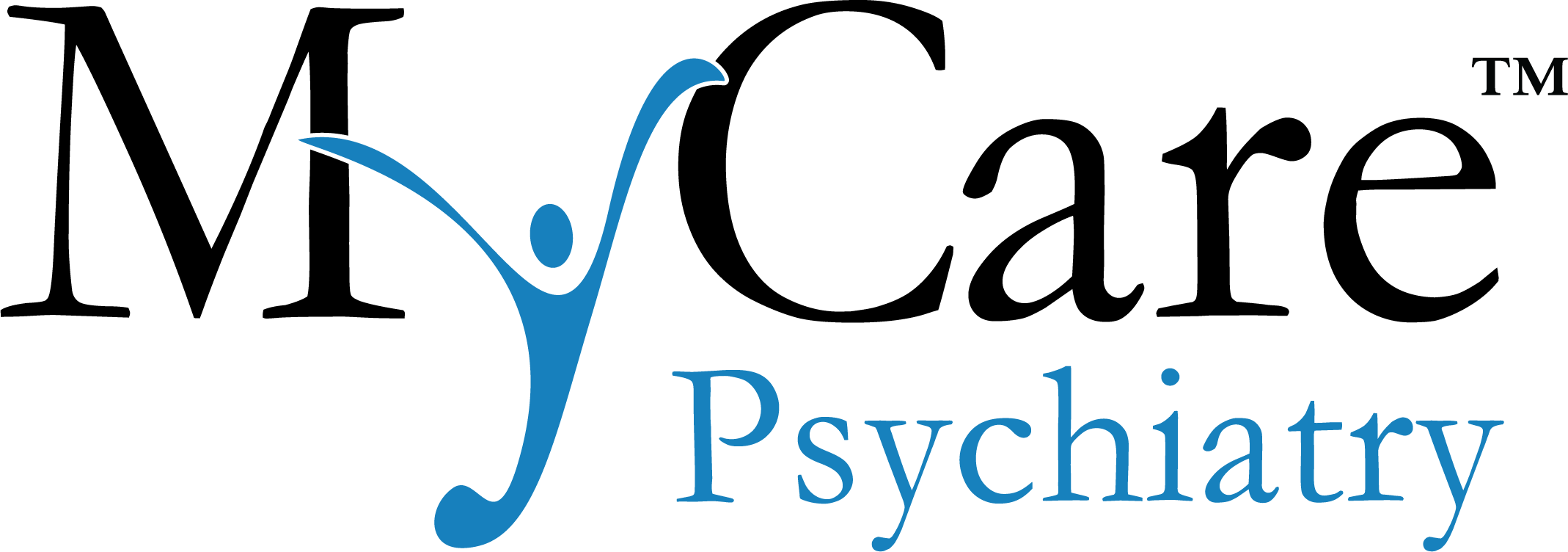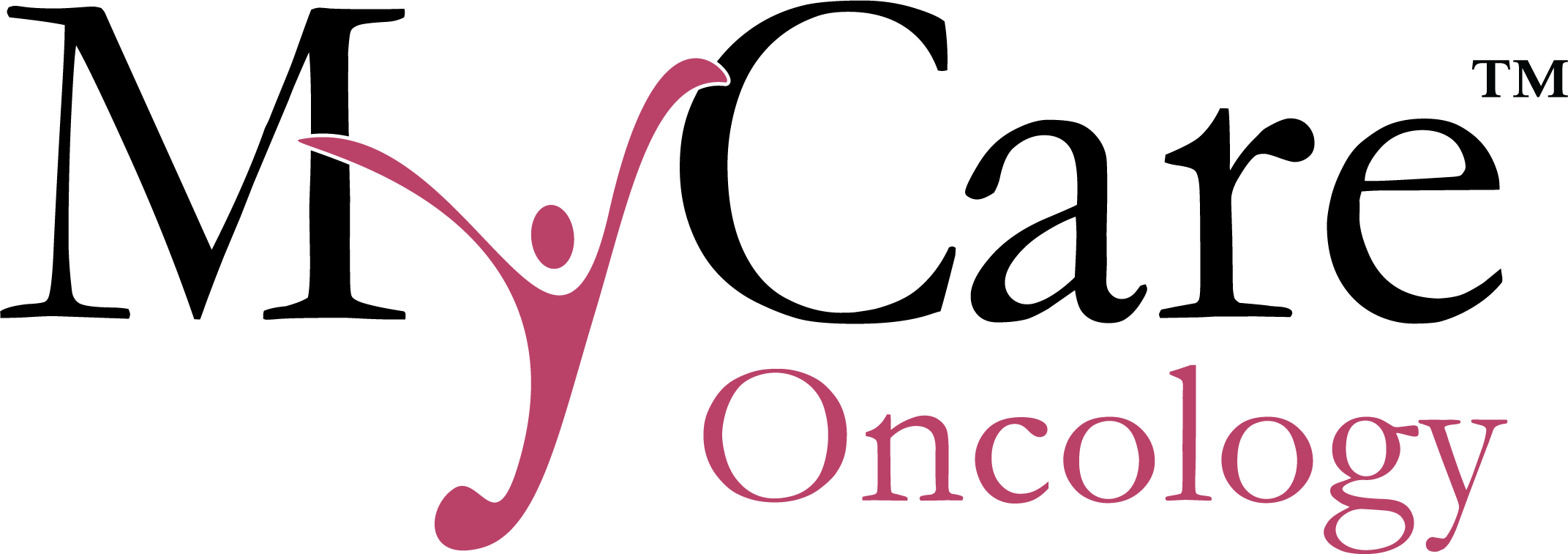Written by: Salvatore J. Salamone, Ph.D. Saladax Biomedical President and CEO
Without Personalized Dosing, There Is No Personalized Medicine.
The ability to individualize the medications on a tumor by tumor basis as a result of genetic profiling is truly a significant advancement in the fight against cancer. However, for truly personalized cancer treatment, it is important to determine the right dose, right drug exposure, and the right drug for the individual.
The oncology community needs to embrace the fact that the current practice of dosing chemotherapeutic drugs by a patient’s height and weight (or body surface area [BSA]) is woefully inadequate. BSA-based dosing does not take into account the fact that each individual patient metabolizes drugs differently. As a result, some patients will have too high of an exposure to the drug, which may lead to severe toxicities. Conversely, some patients will have insufficient exposure to the drug, which may lead to a lack of efficacy and treatment resistance.
Presently, there are routine laboratory methods available that measure the amount of active drug in the patient’s circulation. These tests are commonly used in other areas of medicine, but very seldom in cancer. This “Drug Management” approach allows an oncologist to evaluate an individual’s exposure to the drug and make the appropriate dosage adjustment for that patient. With this information, the physician can adjust the dose of each individual to achieve optimal exposure to the highly toxic cancer treatments.
BSA dosing has become an entrenched approach that has not been updated based on innovative approaches. There are a number of impediments to advancing individualized dosage of these highly toxic oncology drugs, including misaligned incentives, evidentiary challenges, and lack of appropriate regulatory pathways. Such an approach is already the standard of care for drugs used in other areas of medicine, including organ transplantation, infectious diseases, anti-psychotics, etc.; but in oncology, with very few exceptions, it is not being used, meaning cancer patients are not benefiting from optimized therapies.
So far in the 21st century, “Precision Medicine” encompasses sequencing genes and choosing the right drug for the right patient, but not individualizing the dose. Until we can choose the right drug at the right dose required to achieve the right drug exposure, we will not fully achieve the promise of Precision Medicine to save as many patients’ lives as possible.
We desire to create greater awareness around this important aspect of precision medicine for oncology. It is our hope that new drugs can and will be developed to allow cancer patients to live longer and healthy lives. We also understand that without proper dosing, any new pharmaceutical advancements will not be as efficacious as they could be.
We therefore urge you to make Therapeutic Drug Management (TDM) a key component in personalizing medicine. Specifically, we encourage you to: (1) make TDM and optimized dosing a key aspect of your precision medicine and “Moonshot” initiatives; (2) facilitate and support additional research funding for TDM efforts; and (3) analyze regulatory pathways and reimbursement and coverage models for TDM tools to facilitate adoption of safe and effective dosing technologies. Without TDM there will truly be no Precision Medicine.



